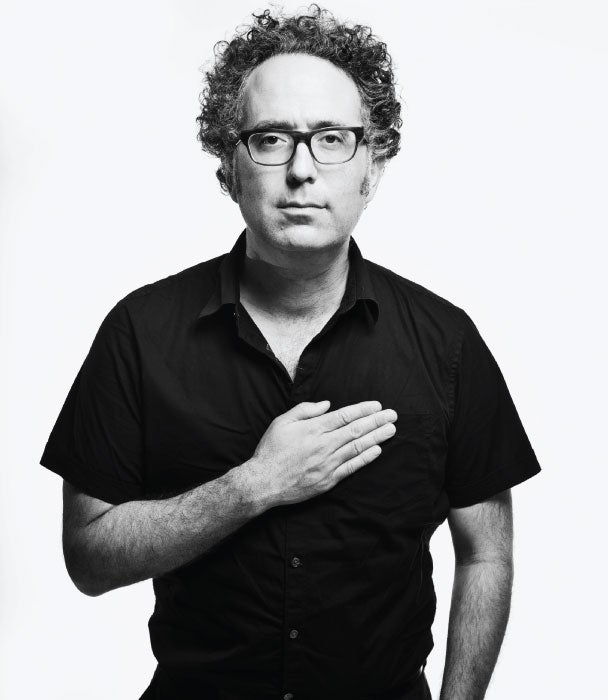 Some things just don’t translate. At times, it’s more than a language barrier. It’s actually a difference in customs, traditions and perspectives. In order to better bridge this cultural divide, we asked six professors from the School of Languages, Cultures, and World Affairs to choose a word or phrase without an English equivalent and illuminate its meaning, which then served as the inspiration behind these portraits. Perhaps through one artist’s eyes, these words will no longer be lost in translation.
Some things just don’t translate. At times, it’s more than a language barrier. It’s actually a difference in customs, traditions and perspectives. In order to better bridge this cultural divide, we asked six professors from the School of Languages, Cultures, and World Affairs to choose a word or phrase without an English equivalent and illuminate its meaning, which then served as the inspiration behind these portraits. Perhaps through one artist’s eyes, these words will no longer be lost in translation.
Photo essay by Leslie McKellar
“Seny, from Catalan, spoken in Catalonia in northeastern Spain, means a combination of wisdom, common sense and awareness based on social norms.” – Silvia Rodriguez Sabater (Hispanic Studies)
“Wen (文) has a complicated Chinese meaning that weaves together the ideas and concepts of writing, literature, pattern, culture, character, composition, elegance, refinement.” – Lei Jin (Chinese Studies)
“Saudade in Portuguese means missing something or someone. But It’s actually a more abstract feeling. It is longing and being nostalgic, sad and empty.” – Luci Moreira (Hispanic Studies)
“Vergangenheitsbewältigung means ‘confronting the atrocities/crimes/trauma of one’s own country’s past.’ It’s a word I wish that wasn’t lost in translation in the United States.” – Morgan Koerner (German Studies)
“The Hebrew word davka says something about the Jewish people and their passion to philosophize. Derived from Aramaic, it means to ‘turn into a powder.’” – Oren Segal (Hebrew Studies)
“Mise en abyme in French describes the visual experience of standing between two mirrors, seeing an infinite reproduction of one’s image.” – Lisa Signori (French and Francophone Studies)










